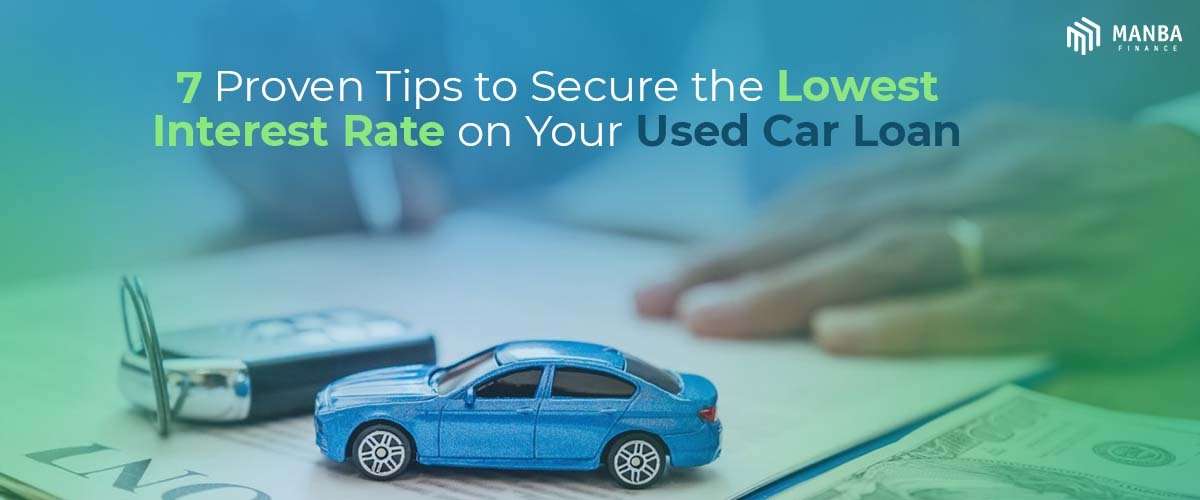rate on used car loan
Securing a favorable interest rate on a used car loan is crucial for managing your finances. A lower rate translates to significant savings over the life of the loan. Begin by checking your credit report for accuracy and understanding your credit score’s impact on interest rates. Remember, a higher score typically leads to better loan offers.
Understanding Your Credit Score
Your credit score is a critical factor determining the interest rate you’ll receive on a used car loan. Lenders use this three-digit number to assess your creditworthiness and risk. A higher score signifies a lower risk to the lender, resulting in more favorable loan terms, including a lower interest rate. Conversely, a lower score often leads to higher interest rates or even loan denial.
Before applying for a loan, it’s essential to understand your credit score. You can obtain a free credit report annually from each of the three major credit bureaus⁚ Equifax, Experian, and TransUnion. Review your report carefully for any errors or inaccuracies. Even a small mistake can negatively impact your score. Disputing any errors is crucial to ensuring an accurate reflection of your credit history.
Understanding the components of your credit score is also vital. Factors influencing your score include payment history (the most significant factor), amounts owed, length of credit history, new credit, and credit mix. Improving your score before applying for a loan can significantly improve your chances of securing a lower interest rate. This might involve paying down existing debts, avoiding new credit applications, and maintaining a consistent payment history. Taking proactive steps to improve your credit score can save you considerable money over the life of your car loan.
Shopping Around for Lenders
Don’t settle for the first loan offer you receive. Shopping around for lenders is crucial to securing the best possible interest rate on your used car loan. Different lenders have different lending criteria and interest rate structures. What might be a great deal at one institution could be significantly less favorable at another. Taking the time to compare offers can save you a substantial amount of money over the loan’s term.
Start by checking with your existing bank or credit union. These institutions often offer preferential rates to their existing customers. However, don’t limit yourself to just one lender. Explore options from various banks, credit unions, and online lenders. Each lender will assess your creditworthiness and offer a rate based on their internal risk assessment. Remember to compare not only the interest rate but also the loan terms, including fees, repayment periods, and any prepayment penalties.
Use online comparison tools to streamline the process. Many websites allow you to input your financial information and receive customized loan offers from multiple lenders. This can save you valuable time and effort. Remember to carefully review the terms and conditions of each offer before making a decision. Don’t hesitate to ask questions and clarify any aspects you don’t understand. Securing the best rate involves diligent research and comparison shopping. The effort you invest upfront will be rewarded with significant long-term savings.
Negotiating the Loan Terms
While securing a low interest rate is paramount, don’t overlook the importance of negotiating other loan terms. The overall cost of your loan depends not only on the interest rate but also on factors like the loan’s length, any associated fees, and prepayment penalties. Even a seemingly small difference in these terms can significantly impact your total repayment amount. Approach the negotiation process strategically and confidently.
Before entering negotiations, clearly understand your financial situation and your borrowing power. Knowing your credit score and having a pre-approved loan offer from another lender strengthens your negotiating position. Armed with this information, you can confidently discuss the terms with the lender. Don’t be afraid to politely push back on unfavorable terms. If a lender is hesitant to adjust the interest rate, explore negotiating other aspects of the loan, such as reducing fees or shortening the loan term. A shorter loan term will typically lead to lower overall interest paid, even if the interest rate remains the same.
Remember, a successful negotiation is a win-win situation. By demonstrating your understanding of the loan terms and your commitment to responsible repayment, you increase your chances of securing a favorable outcome. Don’t hesitate to walk away if the lender is unwilling to accommodate your reasonable requests. There are always other lenders willing to compete for your business. Take your time, weigh your options carefully, and choose the loan that best suits your financial needs and goals. A well-negotiated loan can save you thousands of dollars over the life of the loan.
Exploring Different Loan Types
Understanding the various types of used car loans available is crucial for securing the best rate. Different lenders offer different loan structures, each with its own set of advantages and disadvantages. Familiarizing yourself with these options empowers you to make informed decisions and potentially save money. Let’s explore some common loan types⁚
- Direct Loans from Dealerships⁚ Dealerships often partner with financial institutions to offer financing directly; While convenient, these loans may not always offer the most competitive rates. Shop around to compare rates before accepting a dealership’s offer.
- Loans from Banks and Credit Unions⁚ Banks and credit unions are known for offering competitive rates, particularly for borrowers with good credit. They often provide a wider range of loan terms and options compared to dealerships.
- Online Lenders⁚ Online lenders have emerged as a significant player in the auto loan market. They offer convenience and sometimes more competitive rates, but it’s crucial to carefully research their reputation and fees before committing.
- Secured vs. Unsecured Loans⁚ Secured loans use the car as collateral, usually resulting in lower interest rates. Unsecured loans don’t require collateral, but they typically come with higher interest rates due to increased risk for the lender.
Before choosing a loan type, compare interest rates, fees, and repayment terms from multiple lenders. Don’t hesitate to ask questions and clarify any uncertainties. A thorough understanding of the different loan types will enable you to select the option that best aligns with your financial circumstances and goals, ultimately helping you secure the most favorable rate.
Protecting Yourself From Hidden Fees
Hidden fees can significantly increase the overall cost of your used car loan, eroding the benefits of a seemingly low interest rate. Being vigilant and informed is your best defense against unexpected expenses. Carefully review all loan documents before signing, paying close attention to the fine print. Don’t hesitate to ask questions if anything is unclear; a reputable lender will gladly explain all charges.
- Origination Fees⁚ These fees cover the lender’s administrative costs for processing your loan application. While common, compare origination fees across lenders to find the most reasonable charge.
- Prepayment Penalties⁚ Some lenders charge a penalty if you pay off your loan early. Inquire about prepayment penalties and consider their impact on your long-term financial plan. Choosing a loan without prepayment penalties offers greater flexibility.
- Late Payment Fees⁚ Late payments can incur significant charges. Understand the lender’s policy on late payments and strive for on-time payments to avoid these extra costs.
- Document Preparation Fees⁚ These fees cover the preparation of loan documents. While seemingly minor, they can add up. Compare these fees across different lenders.
- Gap Insurance⁚ While not always a hidden fee, it’s important to understand whether it’s included in your loan or offered as an add-on. Gap insurance covers the difference between your car’s value and the amount you owe if your car is totaled.
By carefully scrutinizing loan documents and asking clarifying questions, you can protect yourself from unexpected fees and ensure that the final cost of your used car loan accurately reflects the agreed-upon terms. Remember, transparency is key; if a lender is hesitant to explain a fee, it might be a red flag;





